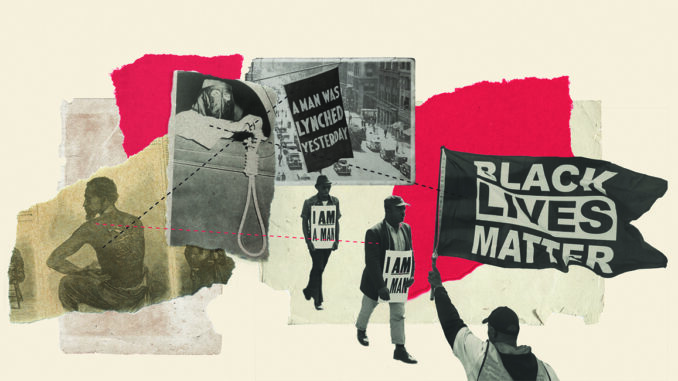
Written By Lexx Thornton (HBCU News)
The California Legislative Black Caucus (CLBC) today announced a historic victory with the signing of Senate Bill 518 (Weber Pierson), which creates the nation’s first permanent state agency dedicated to advancing reparations: the Bureau for Descendants of American Slavery.
With Governor Gavin Newsom’s signature, California moves beyond simply acknowledging historic injustices and begins to build lasting, institutional pathways toward economic parity and repair for descendants of American slavery.
SB 518 establishes the new Bureau, which is charged with several core functions critical to the process of repair, including:
- Confirming the descent of slavery.
- Conducting public education and outreach.
- Coordinating reparative programs.
CLBC Chair Senator Weber Pierson, M.D., emphasized the significance of the achievement: “For generations, Black Americans have faced exclusion, exploitation, and systemic barriers to opportunity. With SB 518, we lay the foundation for a future built on truth, equity, and repair.”
By creating a dedicated Bureau, California transitions from recommendations and studies into sustained, government-backed infrastructure designed to serve future generations.
The signing of SB 518 continues a wave of legislative action by the Governor and the CLBC to address structural disparity in California. Recent achievements include:
- Establishing the nation’s first Ebony Alert system for missing Black children and young women.
- Mandating equity analyses for state agencies and making a historic investment in school equity through the Equity Multiplier.
- Strengthening police accountability by ending the use of the carotid restraint and increasing transparency for misconduct records—issues that disproportionately affect Black Californians.
Senator Weber Pierson concluded that the new law offers a model for other states, stating, “This is about building something permanent that honors the truth and restores dignity to the descendants of those who endured generations of injustice. Real justice requires not only recognition, but commitment, infrastructure, and accountability.”
